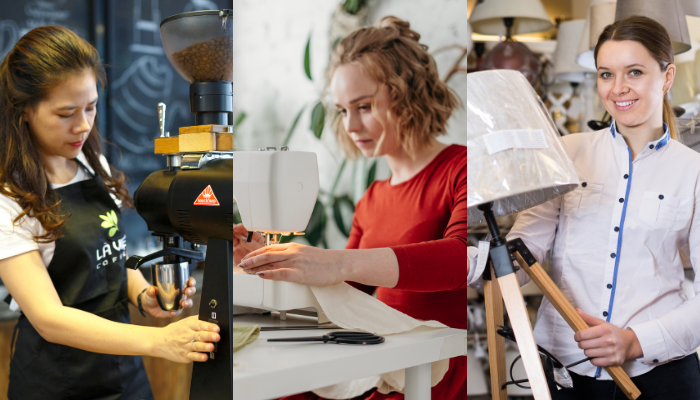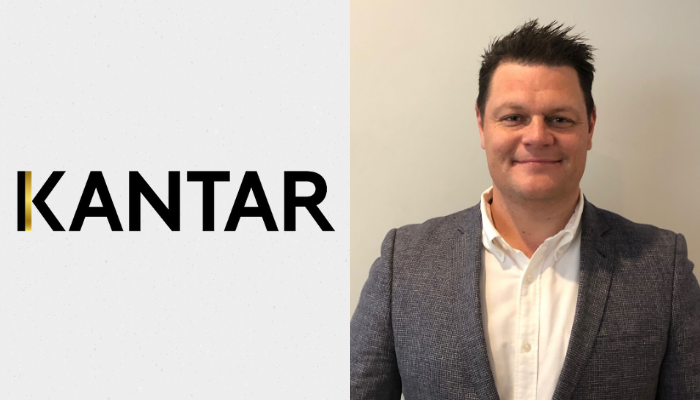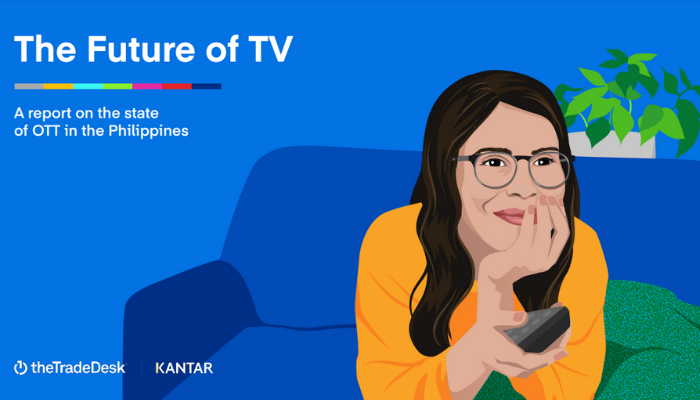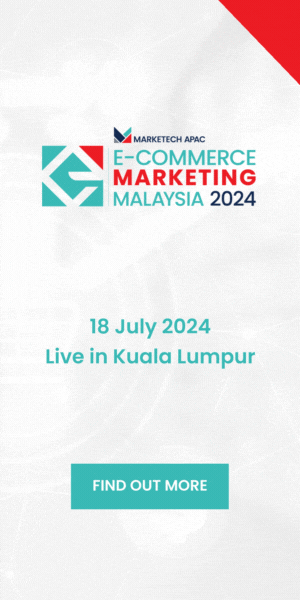Sydney, Australia – As the country has experienced disruptive events in the past year such as the country-wide wildfire in 2019 and flood crisis aside from the global COVID-19 pandemic, more and more Australians want the brands they feel an attachment to be of value, sustainable, and able to navigate through business disruption, a new report from Kantar Australia shows.
The report noted that 3 in 5 of Aussie customers now pay more attention to product origin, and 54% still think it is important that brands have plans in place to protect supply chains. In addition, one-third of respondents want brands to proactively advertise how they’re helping the community and offer products and services that help adapt to the ‘new normal’, as well as 37% of respondents wanting brands to tackle plastic pollution in packaging and products.
According to Jonathan Sinton, chief commercial officer at Kantar Australia, they see a new trend among Aussies to look among brands that pay more attention to brands that act responsibly, transparently, and honestly towards their community and employees; and will focus on those brands that act in a responsible, transparent, and honest way.
“Brands need to stay across changing consumer attitudes. Those that build and market a relevant, differentiated offer underpinned by real purpose are more likely to be resilient during this and future disruptions,” said Sinton.
“While we’re largely more optimistic now, it’s important to continue to have active conversations with Australian consumers. Be authentic, bold, and brave. Definitely no ‘sadvertsing’. However, as we know that the bushfire crisis and pandemic escalated already existing consumer tensions, the current flood catastrophe will only serve to accelerate concerns,” Sinton added.
Sinton noted the data consistently shows that brands “with a strong brand purpose” are more resistant to and are able to recover more quickly from disruption, growing brand value at a rate that is around 2.5 times faster than those with a weak brand purpose.
“This means that it’s more important than ever to have a conversation with your consumers and understand what they’re feeling and needing in this rapidly changing world,” said Sinton.













